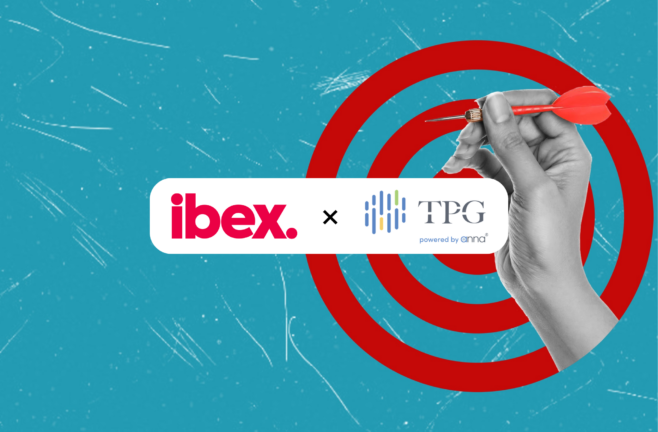The most common challenge today's businesses face is digital fragmentation, which can lead to issues like application sprawl, departmental disconnect, rising costs, and skill shortages. According to the recent Boomi report, GenAI might be the answer, as over half of respondents emphasized its significance in integrating data, applications, and processes.
Global drivers of AI adoption, including increased productivity (cited by 44% of executives), revenue growth (40%), and enhanced customer experiences (39%), underscore GenAI's immense potential for driving business success.
“The ability to seamlessly integrate and automate business processes has long been a top priority for many enterprises. As organizations scale and continue to navigate unforeseen business challenges, it will become more difficult to keep track of all the data, technology, and processes necessary to achieve business goals. Generative AI can be a powerful tool for today’s enterprises, streamlining valuable integration and automation practices and freeing IT teams to focus on innovation. Finding ways to leverage GenAI effectively is the next business prerogative. Boomi is not only helping get businesses ready for it, but also leading the GenAI charge in the integration and automation space," said Steve Lucas, CEO at Boomi.

The challenges of GenAI adoption
Despite its promise, integration complexities remain a concern, ranging from security and privacy issues (42% of respondents) to data quality and model reliability (31%). Still, there's a widespread acknowledgment of GenAI's potential to enhance the speed and quality of integration and automation processes, with 90% of respondents agreeing on its transformative impact.
Key insights
The report underscores a significant trust gap between IT and business leaders regarding GenAI, with a striking 82% of IT CXOs expressing confidence compared to 63% of their business counterparts. This trust is largely driven by factors such as the accuracy and quality of AI outputs, cited by over half (57%) of business leaders, and the consistency and reliability of these outputs, highlighted by just under half (48%) of them.
Additionally, enterprise executives recognize the extensive potential of GenAI, attributing benefits such as improved process accuracy and consistency (38%), cost reduction (38%), innovation and creativity (34%), streamlined operations (31%), optimized resource allocation (28%), and gaining a competitive edge (27%). Furthermore, there's unanimous consensus among respondents, with all of them believing in GenAI's broad value across diverse integration contexts, emphasizing its pivotal role in enhancing organizational efficiency and effectiveness.
“Integration and automation are the foundation upon which enterprises build business agility. However, integrating and automating systems isn’t always easy. This is why it pays off to have a unified approach for both. With a unified platform, powered by AI technology, enterprises can gain the advantages of comprehensive integration and automation while mitigating unwanted complexity,” said Matt McLarty, CTO at Boomi.
Last year, Boomi unveiled a new addition to its suite of AI tools - Boomi GPT - to provide a user-friendly, conversational experience within the Boomi platform.









